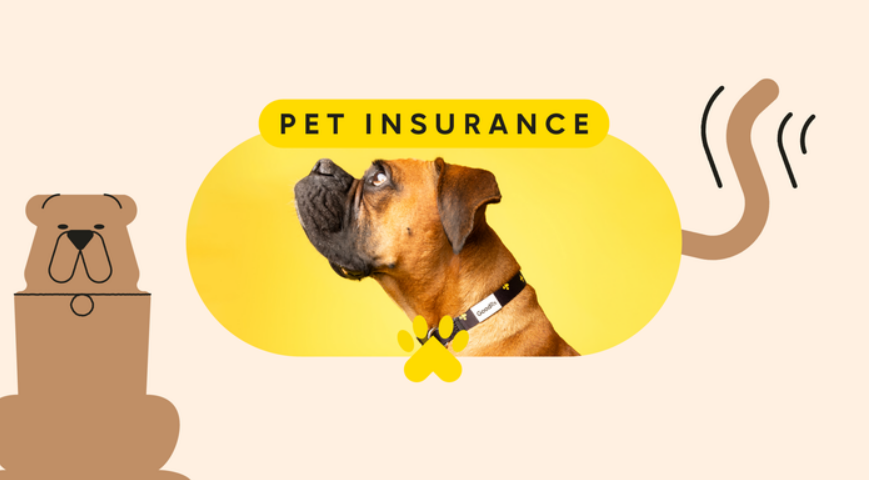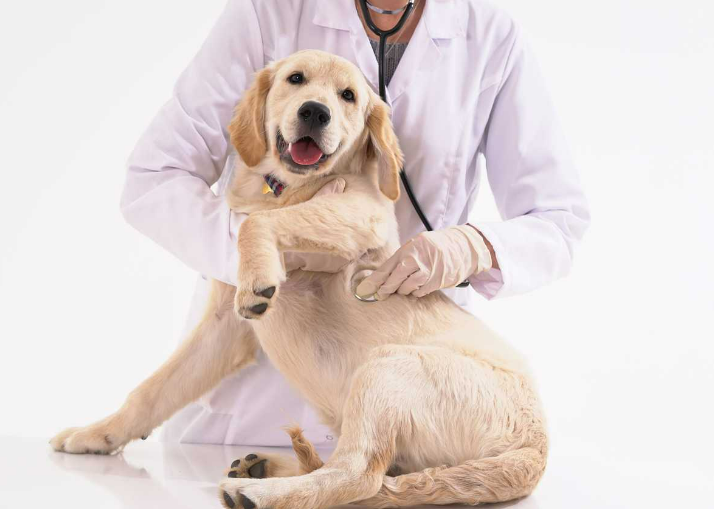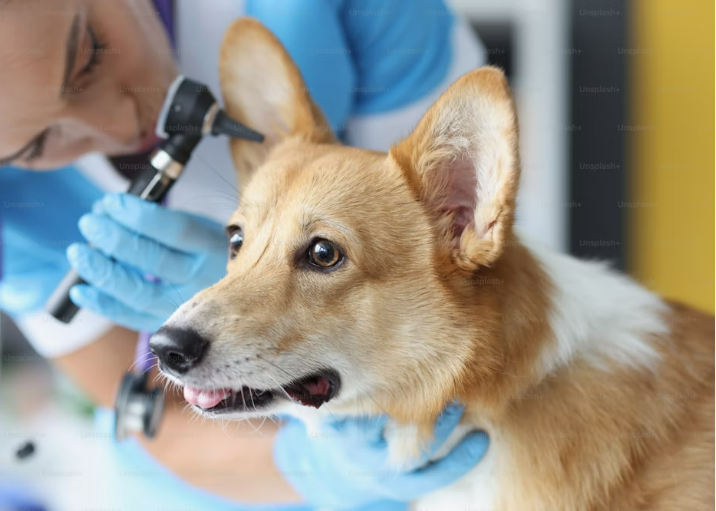
It’s becoming increasingly common for pet owners to view their furry companions as integral members of the family. Consequently, insurance companies are responding to this trend by offering specialized health coverage plans for pets. According to statistics from the North American Pet Health Insurance Association (NAPHIA), Canadian and American pet owners collectively spent $1 billion on pet insurance in 2017, reflecting a 17% increase from the previous year. Clearly, pet insurance is gaining popularity.
Providing proper care for pets can quickly become costly, particularly when faced with ongoing or emergency medical treatments. Pet insurance serves as a safeguard against difficult decisions that may arise between prioritizing your pet’s health and managing expenses. Here’s a comprehensive guide to ensuring the well-being of your beloved pets.
What Does Pet Insurance Cover?

Pet insurance serves as a safeguard against the financial burden of certain medical costs related to your pet’s health. Basic plans typically cover accidents, injuries, and non-pre-existing illnesses. However, more comprehensive plans are available, which may include coverage for tests, diagnostics, hospitalization, medications, dental checkups, and treatments. While regular checkups are usually not covered, some exceptions exist.
Certain plans even extend coverage to end-of-life expenses or provide reimbursements for travel and specialist care for rare or serious veterinary conditions. As with other types of insurance, the cost of pet insurance increases with the level of coverage desired.
While most pet insurance policies are tailored for dogs and cats, coverage options also exist for horses, birds, exotic animals, and small mammals. However, coverage for nontraditional pets may require some research to find a suitable provider. It’s important to note that venomous, wild, or dangerous animals are typically not eligible for coverage, and coverage availability may also be restricted by local laws.
How Does Pet Insurance Work?

Pet insurance and typical health insurance for humans share similarities and differences. Both involve paying monthly premiums for specified coverage outlined in the policy. However, the specifics of coverage vary depending on the chosen plan. Many pet insurance plans operate on a co-pay model, where the insurance company covers a portion of the costs for procedures and treatments.
Some pet insurance providers have direct partnerships with veterinarians and animal hospitals, simplifying the payment process for policyholders. In such cases, policyholders are only responsible for the co-pay portion at the time of treatment. Conversely, if the provider does not have direct partnerships, policyholders must pay the full bill upfront and then submit a claim to the insurance company for reimbursement.
How Much Does Pet Insurance Cost?
According to NAPHIA’s 2017 analysis, the average monthly cost for an illness-and-injury-only policy was around $45 for dogs and $28 for cats, totaling $540 and $336 annually, respectively. Cost data for nontraditional pets was not provided.
While pet insurance is available for animals such as rabbits and gerbils, many financial experts advise against purchasing coverage for them. These pets typically have shorter lifespans, which means the insurance costs may not justify the benefits in most cases.
Getting the Most Out of Your Coverage

Pet insurance experts recommend purchasing coverage early in your pet’s life, ideally when they are still kittens or puppies. This is because premiums tend to be lower for younger animals, and insuring them early reduces the risk of pre-existing conditions affecting coverage later on.
For prospective dog owners, there’s an additional factor to consider. Pedigree dogs are generally more expensive to insure due to their genetic predispositions to certain health conditions. The limited gene pool of pedigree breeds increases the likelihood of genetic and congenital issues that may not be covered by most insurance policies. Therefore, it’s essential to research insurance options before bringing a new pet home, especially if it’s a pedigree dog.
Caveats and Risks

Pet insurance policies typically focus on covering emergencies rather than routine checkups or preventive care such as vaccinations. It’s important to recognize that your coverage won’t alleviate all financial responsibilities related to your pet’s healthcare.
Additionally, most plans exclude coverage for illnesses or medical conditions resulting from congenital or pre-existing conditions. Certain breeds may be predisposed to specific health issues, and if the vet determines that your pet’s condition stems from a pre-existing condition, your expenses may not be covered. Similarly, insurers may not reimburse you for illnesses or conditions that could have been prevented by elective vaccinations you chose not to administer.
In essence, it’s crucial to carefully review the policy details and understand the coverage limitations before purchasing pet insurance, just like with any other type of insurance.
Is Pet Insurance a Financial Necessity?
Pet insurance isn’t obligatory. While it provides peace of mind and can assist in alleviating financial strains resulting from unforeseen emergencies, there are scenarios where purchasing it may not be practical. For instance, if you have an adult cat or dog nearing the latter part of its life expectancy, a standard policy may not offer substantial benefits.
If you opt out of pet insurance, a prudent alternative is to establish an emergency fund with funds equivalent to potential insurance premiums. This ensures you’re prepared to handle unexpected expenses without stress. Should your pet remain healthy, you can repurpose the funds for other purposes in the future.
Find a Reputable Provider

Numerous reputable pet insurance providers are available, offering various coverage options. Consider these established insurers:
- Healthy Paws
- Pets Best
- Petplan
- AKC Pet Insurance
- Nationwide
- ASPCA Pet Health Insurance
While this list is not exhaustive, these companies are well-regarded in the industry. Depending on your location, there may be additional reputable providers worth exploring. Local research or recommendations from your veterinarian can offer further insights.
